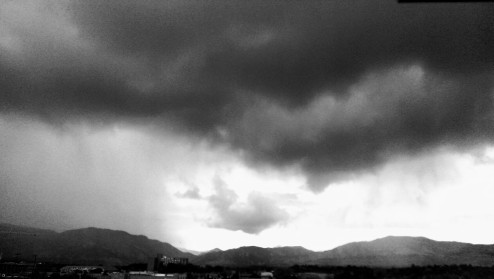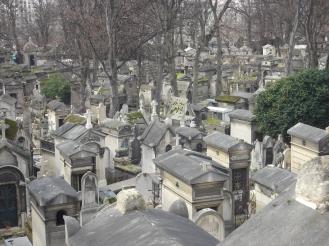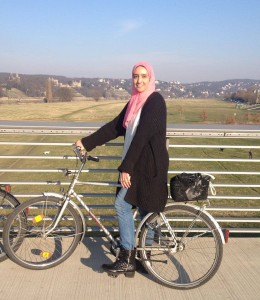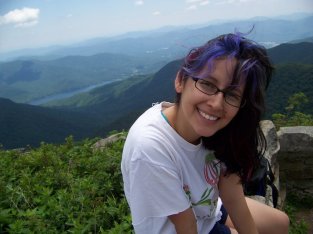By: Nermine Mohamed, Writing Intern 2015
We are honored to share a post from our former intern, Nermine, whose prayer about remembering her mother offers grace and wisdom. Her prayer seeks blessings for those living with loss, just as our prayer for the dead sought blessings for those who have died.
It’s hard to put in words what we feel about a person who is long gone; a person who is no longer a part of our life and who never got to know what we’ve become, who we are now…They say time heals and that’s true. Our own frail human memory makes loss bearable. But do we really want to forget or is it simply inevitable?
From all that I’ve lost, all the memories I can no longer recall, all the photographs that captured a moment I don’t remember living or even how it felt being there, I know that what hurts even more than the loss is the inability to remember what we once had.
Today my mother would have been 54 years old. I sometimes think what my life would
have been like if she was still alive. I get angry sometimes that I can’t remember much.There’s nothing but emptiness; a void of something that has left without leaving me any traces to hold on to. So, I pray for me and everyone who suffered loss that we can be healed by remembrance.
Dear God,
Today I pray for remembrance of the mother.
I wish I had a little bit more time to know her better.
Help me remember her by being even just a tiny bit like her,
for everyone speaks of her strength, her honesty, her generous and loving heart.
Help me remember her by living up to her memory
and being be the best person I can be.
Help me remember her every time I feel lost or alone
and help me remember that I never really was lost or alone,
for I’ve always had support and found people who love me
even when I thought there’s nothing to love in myself.
Help me remember her by cherishing every living moment,
by keeping every memory solid,
by not taking life for granted, by loving,
by staying true to who I am and what I believe in.
Help me and all those who have lost a loved one.
Help us remember those who are gone,
even when our memories fade and there’s nothing to recall.
Help us remember them in little acts of kindness,
and by showing those who are grieving
that pain can be healed and that nothing is ever lost forever.
Help us remember them in You,
in Your boundless generosity and Your mercy
and how You always give way more than you take.
Help us remember them in Your kindness,
for despite our loss and the pain that seemed at the time intolerable,
You helped us heal.
Love and peace made their way into our hearts again
and now we know that You don’t really put us through what we can’t endure.
Help us remember with patience, with gratitude, and with faith that there’ll be another chance to see those we’ve lost, where we’ll hold on to them for all the time we couldn’t have and all the memories we wished they were a part of, and finally there will be no letting go.
Amen.








